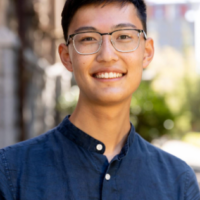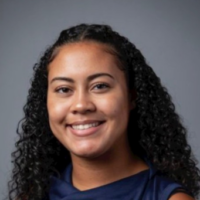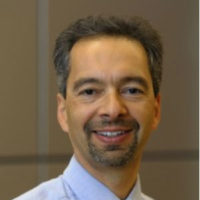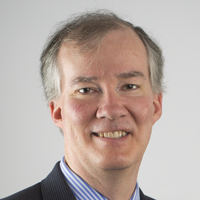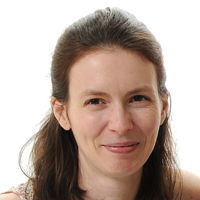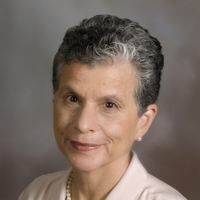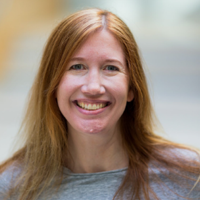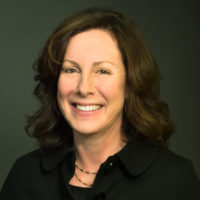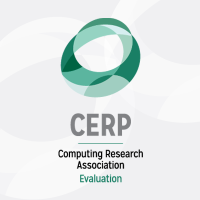
Research Illustrates HOW Faculty Advisors are Critical to PhD Student Outcomes
By Dr. Kari George, University of Illinois Urbana-Champaign, and Dr. Kaitlin Newhouse, North Carolina State University Motivated by persistent equity gaps in computing degree attainment, a recently published article from Drs. Kari George and Kaitlin Newhouse contributes new evidence to understand factors that may contribute to doctoral attrition or persistence. Most notably, this study elucidates […]



